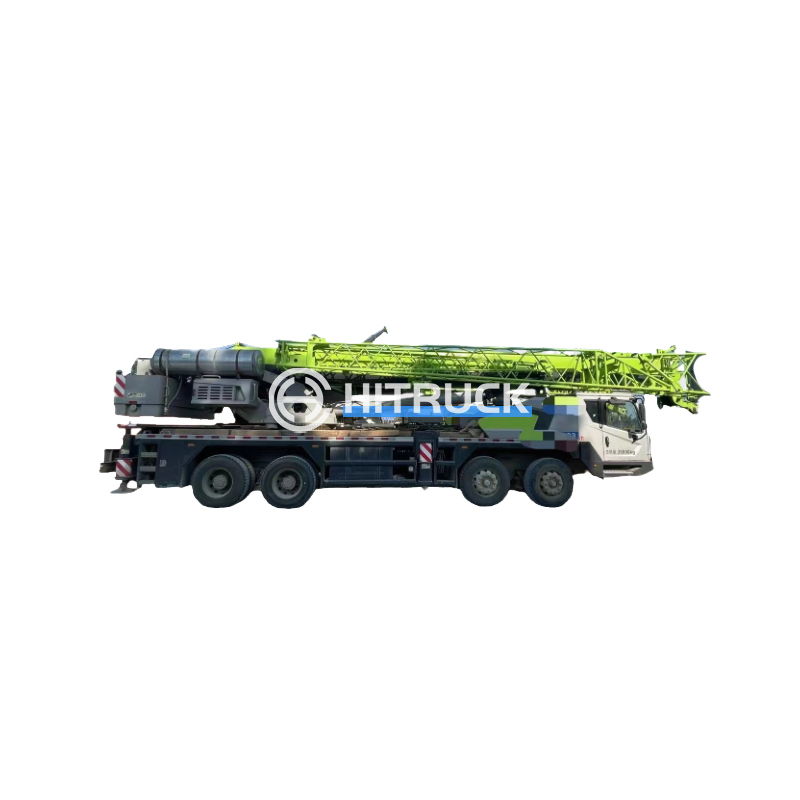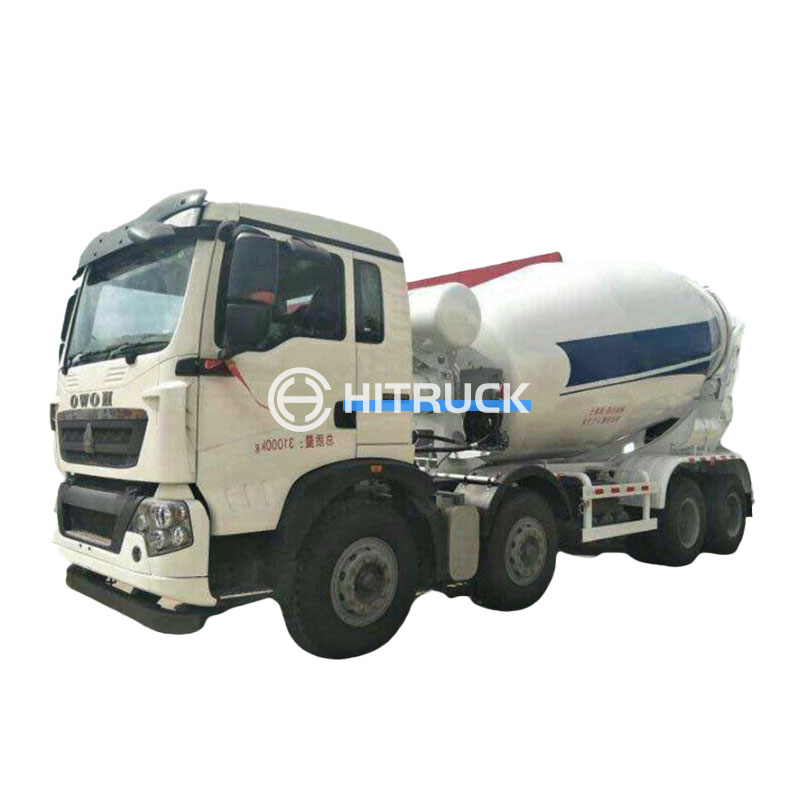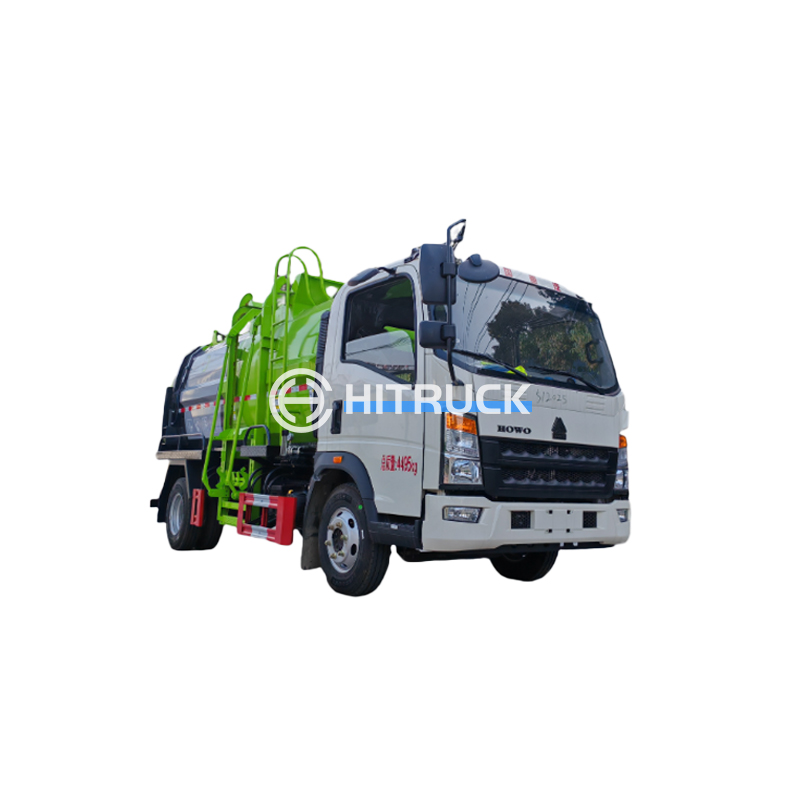This comprehensive guide explores the world of vacuum pump trucks, covering their functionalities, applications, and key factors to consider when selecting one for your specific needs. We delve into different types, maintenance tips, and considerations for choosing the perfect vacuum pump truck for various industries. Learn how to maximize efficiency and safety with this essential piece of equipment.
Industrial vacuum pump trucks are workhorses designed for heavy-duty tasks. They are often equipped with powerful vacuum pumps capable of handling large volumes of various materials. Applications range from industrial cleaning to waste removal in manufacturing plants and construction sites. The size and capacity vary greatly depending on the specific job requirements. Consider factors like the type of material to be handled (sludge, liquids, solids), the required suction power, and the tank capacity. Suizhou Haicang Automobile sales Co., LTD offers a range of industrial vacuum pump trucks to meet diverse needs.
Municipal vacuum pump trucks are commonly used for maintaining cleanliness in cities and towns. These trucks efficiently remove waste from sewers, storm drains, and other municipal infrastructure. Their design often prioritizes maneuverability and ease of operation within urban environments. Features may include specialized attachments for various cleaning tasks. The selection process should focus on tank capacity, suction power appropriate for municipal waste, and ease of maintenance.
Beyond industrial and municipal applications, specialized vacuum pump trucks exist for niche purposes. These could include trucks designed for hazardous waste removal, those equipped for cleaning up oil spills, or even those with specialized attachments for specific industrial processes. Choosing a specialized vacuum pump truck requires careful consideration of the specific materials handled, safety regulations, and the overall operational environment.
Several key factors influence the choice of a vacuum pump truck:
The tank capacity directly impacts the truck's efficiency. Larger tanks mean fewer trips, but also affect maneuverability and fuel consumption. The tank material should be chosen based on the materials being vacuumed. Stainless steel is common for its durability and corrosion resistance.
The power of the vacuum pump determines the suction capabilities. Consider the viscosity and density of the material being handled. A more powerful pump is necessary for thicker or denser materials.
The size and maneuverability of the truck are crucial, especially in tight urban areas or confined industrial spaces. Consider the dimensions of the truck and its turning radius.
Regular maintenance is crucial for the longevity and efficient operation of a vacuum pump truck. Choose a model with readily available parts and a strong support network.
Regular inspections, lubrication, and cleaning are vital for optimal performance and longevity. Refer to the manufacturer's manual for specific maintenance schedules and procedures. Proactive maintenance significantly reduces the risk of unexpected breakdowns and costly repairs.
| Feature | Model A | Model B |
|---|---|---|
| Tank Capacity | 5000 gallons | 7500 gallons |
| Pump Power (HP) | 250 | 300 |
| Maneuverability | Good | Excellent |
| Price | $XXX,XXX | $YYY,YYY |
Note: The above table is a sample comparison. Actual model specifications and pricing vary depending on the manufacturer and specific features.
Choosing the right vacuum pump truck requires careful consideration of your specific needs and operational environment. By understanding the different types available and the key factors outlined in this guide, you can make an informed decision that ensures optimal efficiency and safety for your operations.












